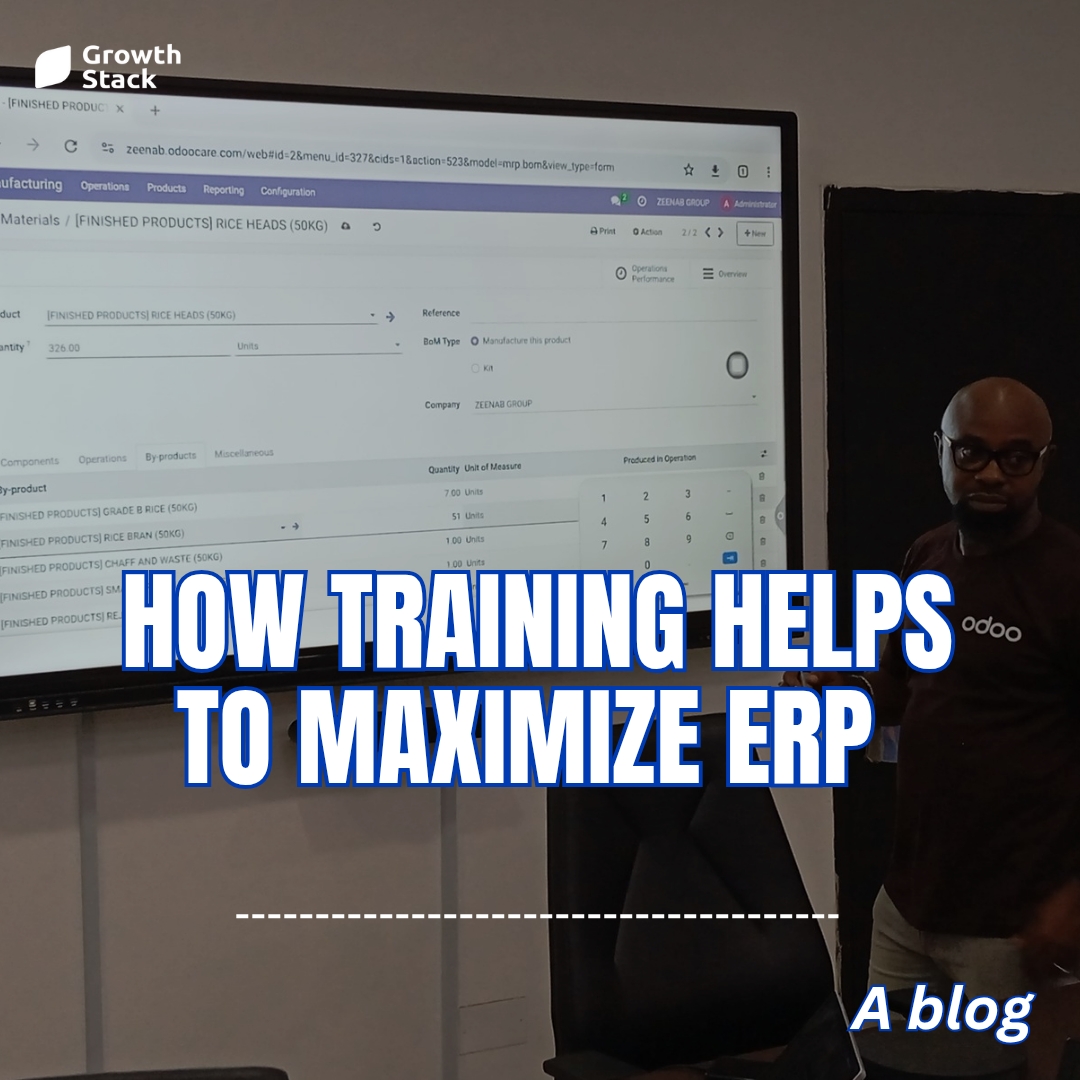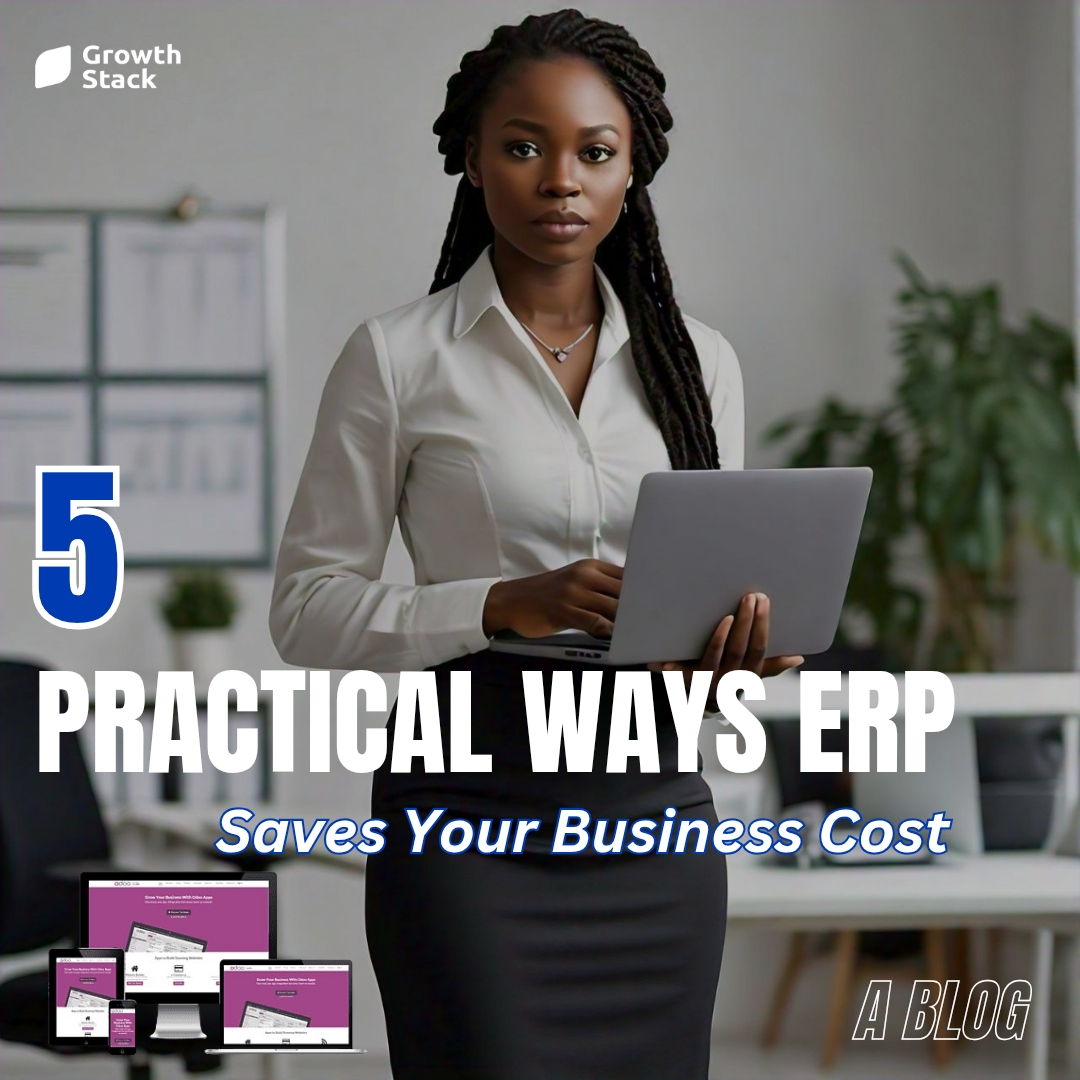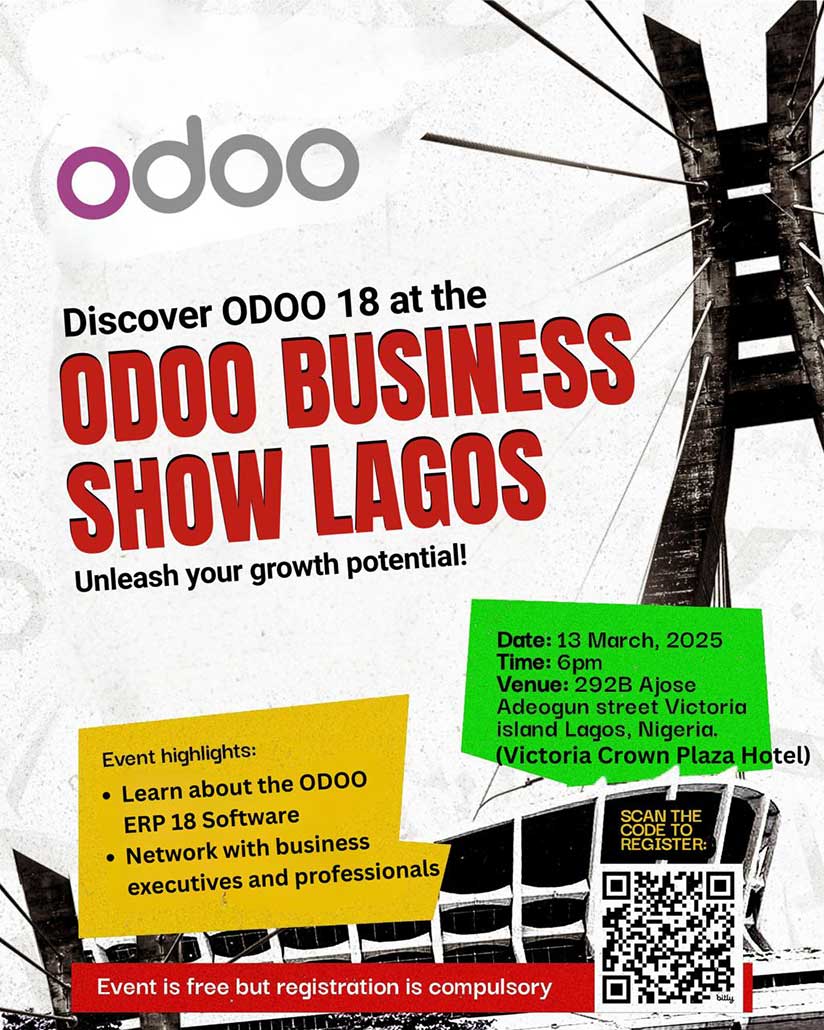Introduction:
Organizations work to streamline their processes, boost productivity, and reach educated judgments in today’s dynamic business environment. Software for enterprise resource planning (ERP) has become a potent tool for helping firms attain these goals. In this article, we’ll examine the main advantages of ERP software and how they enable businesses to increase productivity, enhance data visibility, restructure workflows, and promote sustainable growth.
Improved Operational Efficiency: Simplified Processes:
ERP software combines many business operations, including finance, HR, procurement, and inventory, into a centralized system. By doing so, superfluous manual chores are removed, data duplication is decreased, and effective workflows are made possible.Automation: By automating basic processes like data input, report production, and inventory management, ERP systems provide staff members more time to concentrate on strategic initiatives and higher-value jobs.Real-time Data Visibility: ERP software gives users immediate access to crucial business data, empowering quick decision-making on the part of staff members. Delays are eliminated, and overall operational effectiveness is increased.
Better Decision-Making and Data Visibility:
ERP software consolidates data from several departments into a single source, removing data silos and enhancing data accuracy. Better decision-making and improved collaboration within the business are made possible by this unified perspective of the facts.Real-time reporting and analytics: ERP systems provide strong reporting and analytical tools that give stakeholders access to information on key performance indicators (KPIs), patterns, and projections. This enables management to make informed judgments and act quickly in response to market changes.
Integrated Systems:
ERP software efficiently integrates diverse business processes, promoting easy departmental communication and collaboration. This results in streamlined business processes. As a result, coordination is increased, manual errors are decreased, and workflows are simplified.Supply Chain Optimization: By giving users visibility into inventory levels, demand projections, and supplier performance, ERP systems facilitate efficient supply chain management. This aids businesses in cost-saving inventory optimization and customer satisfaction enhancement.Standardized Processes: ERP software enables organizations to create standardized processes and workflows, maintaining uniformity throughout divisions. This reduces confusion, increases process effectiveness, and raises production as a whole.ERP software is built to scale with the expansion of the organization. It is scalable and flexible. This ensures that the system will continue to meet company needs as they change by accommodating greater data volumes, user additions, and expanded business processes.
Modular Structure:
ERP systems frequently have a modular structure, enabling firms to pick and choose particular modules in accordance with their needs. Organizations can customize the ERP solution to meet their own requirements and add new capabilities as necessary thanks to its flexibility.
Improved Customer Relationship Management (CRM):
Customer Insights: ERP software frequently includes CRM features, giving businesses a thorough understanding of customer interactions, preferences, and purchasing history. This makes it possible to personalize client interactions, boost customer happiness, and use targeted marketing techniques.
Efficient Order Management: From quote to cash, order processing is streamlined by ERP systems, resulting in on-time delivery, correct billing, and enhanced customer service. This improves the general client experience and fosters repeat business.
Conclusion:
Implementing ERP software has several advantages for businesses, from increased decision-making and operational efficiency to streamlined corporate operations and scalable expansion. Businesses can gain a competitive edge, react swiftly to market changes, and promote sustainable growth by utilizing ERP solutions in today’s more complicated business environment. The secret is choosing ERP software that is compatible with the organization’s objectives, procedures, and industry-specific requirements.













